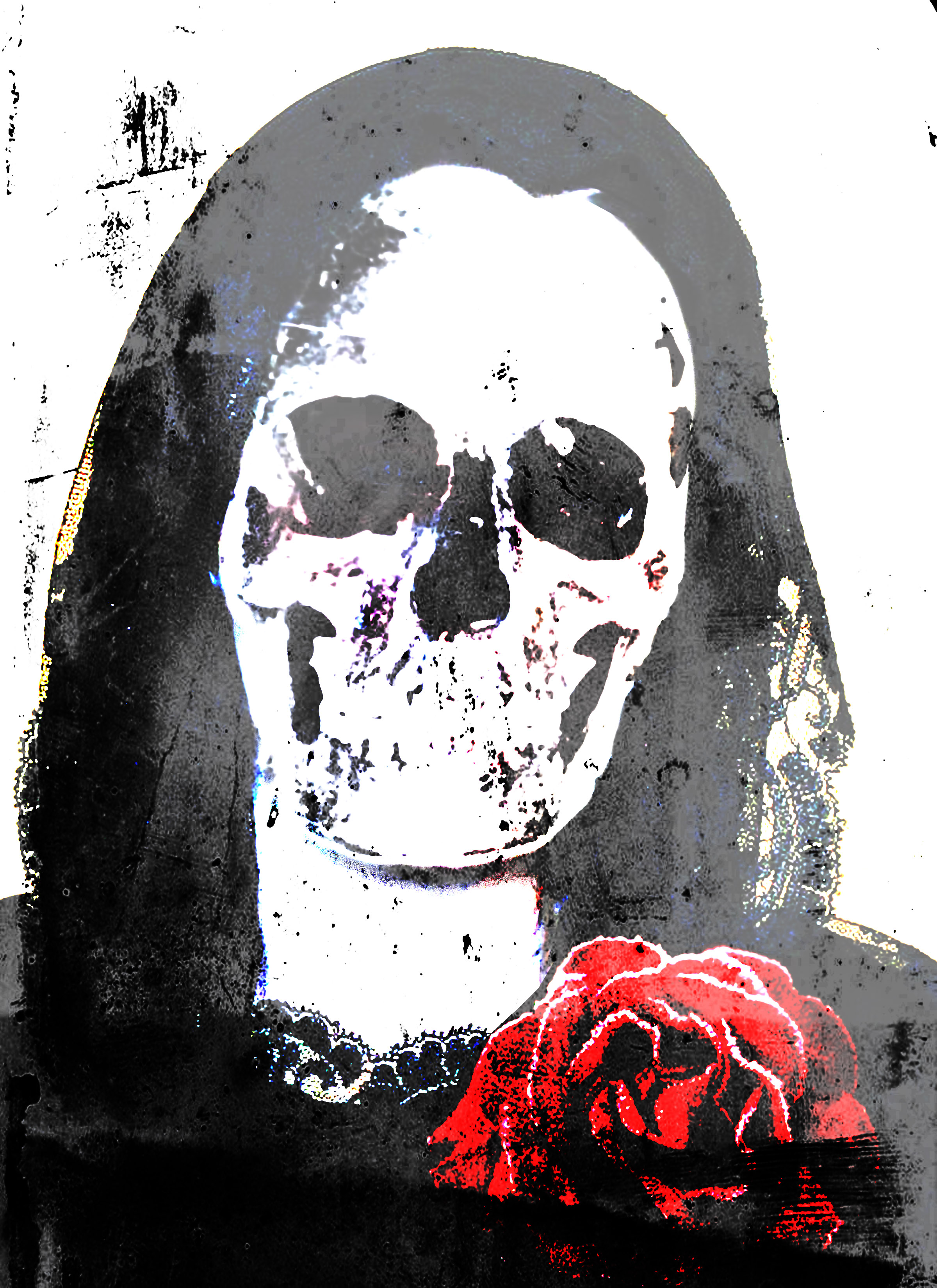 For many years I had a pretty well balanced biography page on Wikipedia. I am now 80 years old, and had several scientific careers. I was a pioneer in the earliest development of the laser from 1957 to 1972. I was co-founder of an ESP research program at SRI from 1972 to 1982. And I worked for 12 years with Lockheed and NASA on airborne laser wind measurements. The Wiki editors have removed all trace of my 27 years in lasers, and I cannot put back one word.
For many years I had a pretty well balanced biography page on Wikipedia. I am now 80 years old, and had several scientific careers. I was a pioneer in the earliest development of the laser from 1957 to 1972. I was co-founder of an ESP research program at SRI from 1972 to 1982. And I worked for 12 years with Lockheed and NASA on airborne laser wind measurements. The Wiki editors have removed all trace of my 27 years in lasers, and I cannot put back one word.
The editors, who mindlessly and passionately hate ESP, have trashed any positive aspects of our $20 million, 23 year program at SRI. Those numbers, in particular, are always removed. The negative comments are now more than three times the length of my brief bio. I cannot even mention that my wife was the sister of Bobby Fischer, former world chess champion.
As I try to repair these deletions, I have been banned from editing my bio. As I see how the editing process works at Wikipedia, I would not trust anything at all that I read there. Because of this mad prejudice, I think Wikipedia has debased itself as an information source.
Warm regards,
Russell Targ
–
Russell Targ is a physicist and author who was a pioneer in the development of the laser, and cofounder of the Stanford Research Institute’s investigation into psychic abilities in the 1970s and 1980s.















